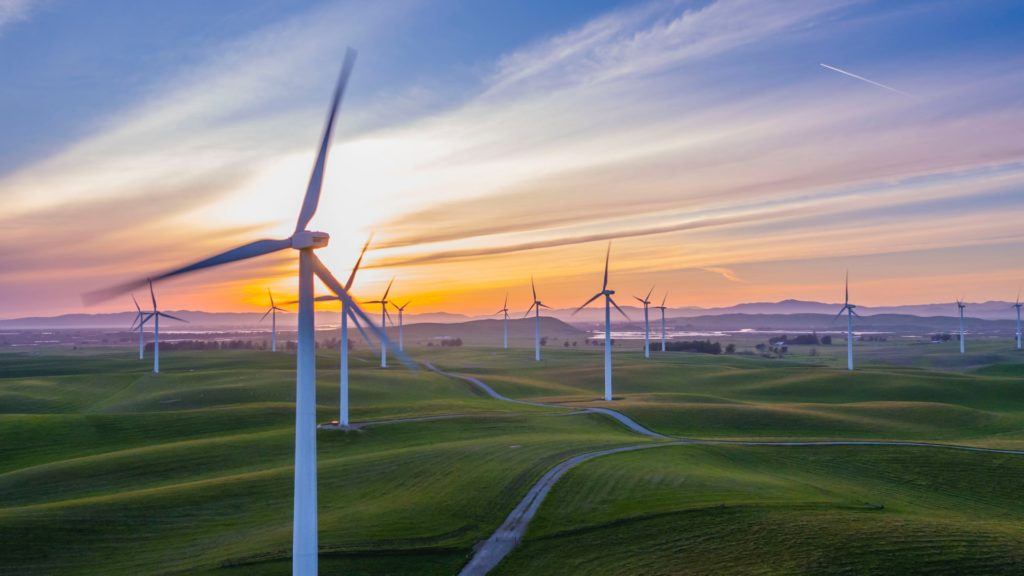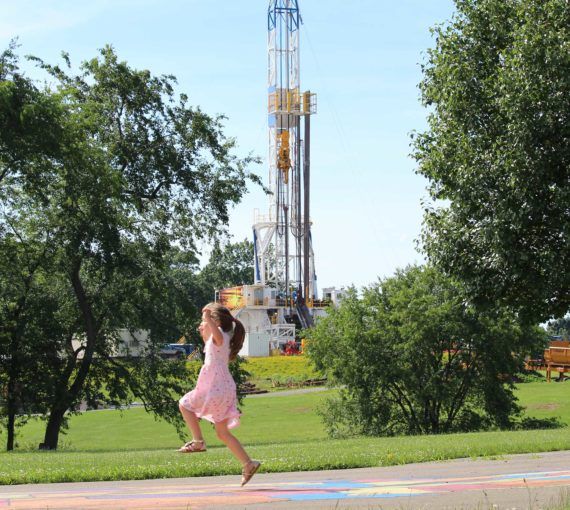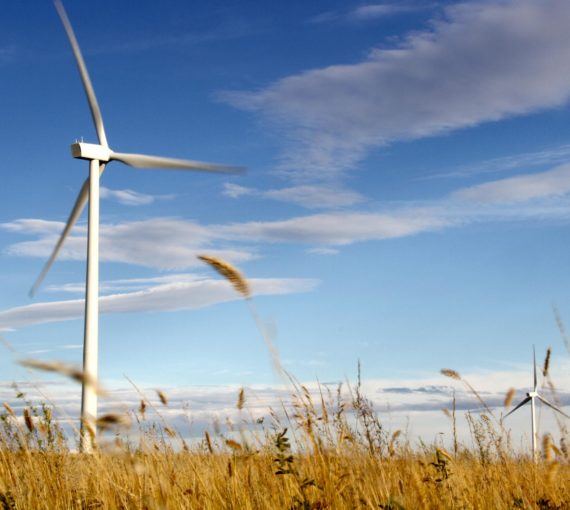
Transitioning off fossil fuels toward clean, affordable, reliable electricity will play a major role in cutting carbon pollution, especially from the biggest polluting sectors such as transportation, buildings and industry. (Photo: RawFilm via Unsplash)
Federal Environment Minister Jonathan Wilkinson has said Canada “need[s] to ensure that our targets are aligned with the science.” His remarks March 25 followed the Supreme Court of Canada’s landmark decision to uphold the government’s authority to implement federal carbon pricing policy.
Minister Wilkinson is right about the need for science-aligned targets. The Paris agreement aims to keep global average temperature from rising more than 1.5 degrees Celsius to avoid the worst impacts of the climate crisis. Yet if every country had climate targets as weak as Canada’s, we would be heading for a future with more than 3 C of heating, leading to catastrophic global and local impacts.
This is the decade for climate action, according to scientific evidence. U.S. President Joe Biden invited 40 world leaders to the Leaders Summit on Climate on April 22 to increase ambition on climate action before 2030. All major global emitters have been invited, including Canada. Countries will be expected to announce new, more ambitious 2030 targets at the summit.
A “fair share” target would not only take climate science into account, which is crucial, but also Canada’s historic emissions and our relative capacity to take climate action
Canada’s commitment is to reduce greenhouse gas emissions to 30 per cent below 2005 levels by 2030. To be in line with climate science and to do its fair share, Canada would need to double its level of ambition with a 2030 target of at least 60 per cent below 2005 levels for domestic emissions, according to the Climate Action Network Canada.
A “fair share” target would not only take climate science into account, which is crucial, but also Canada’s historic emissions and our relative capacity to take climate action.
The Paris agreement itself mentions the need for countries like Canada to do more, specifically mentioning “common but differentiated responsibilities and respective capabilities” toward meeting the global goal of limiting heating to 1.5 C.
Canada has promised slow and steady progress on climate for decades, but has yet to live up to those promises. It’s the only G7 member still polluting well above the 1990 starting line. As the climate crisis worsened over the past decade, Canada was the only country in this group whose emissions continued to climb.
Canada has consistently been among the world’s top per capita emitters and holds the dubious distinction of being on the top 10 worst emitters list for most of the past century. Because we have been burning large amounts of coal, oil, and gas for longer than most other countries, we have an even greater responsibility. A sizable proportion of the carbon pollution in the atmosphere that is already wrecking climate havoc has come from Canadian smokestacks. Denmark, Sweden, Finland, the United Kingdom, and other countries have already committed to 2030 climate targets more ambitious than Canada’s “fair share” target, and more countries are expected to ramp up ambition in the lead-up to the April 22 summit.
The good news is that meeting a bold 2030 climate target is possible, and the energy transition required can bring jobs and security to communities throughout Canada.
Canada has yet to meet one of its climate targets, as weak as they’ve been. The target discussion must be about what is essential to avoid climate catastrophe. Canada must set a target in line with climate science, along with legislation that holds government to account for meeting that target and a robust climate plan to get us there that respects Indigenous rights and brings real benefits to communities.
The good news is that meeting a bold 2030 climate target is possible, and the energy transition required can bring jobs and security to communities throughout Canada. Reducing emissions at the pace and scale required will be difficult and will cost money. But it will be far less expensive than allowing climate chaos to bring more disasters that cost lives and grind our economies to a halt with greater impacts and frequency. Climate action is far less expensive than doing nothing at all.
Canada’s inaction and failure to keep pace with our peer countries leaves us in an undesirable position. To prove we’re serious about confronting the climate emergency, we need to move quickly beyond what seems feasible or politically acceptable to what we know is needed.
The choice to overcome our reputation as an oversized climate polluter is ours to make. Let’s hope Minister Wilkinson follows through on his words.
This op-ed was originally published in The Hill Times
Our Work
Always grounded in sound evidence, the David Suzuki Foundation empowers people to take action in their communities on the environmental challenges we collectively face.



